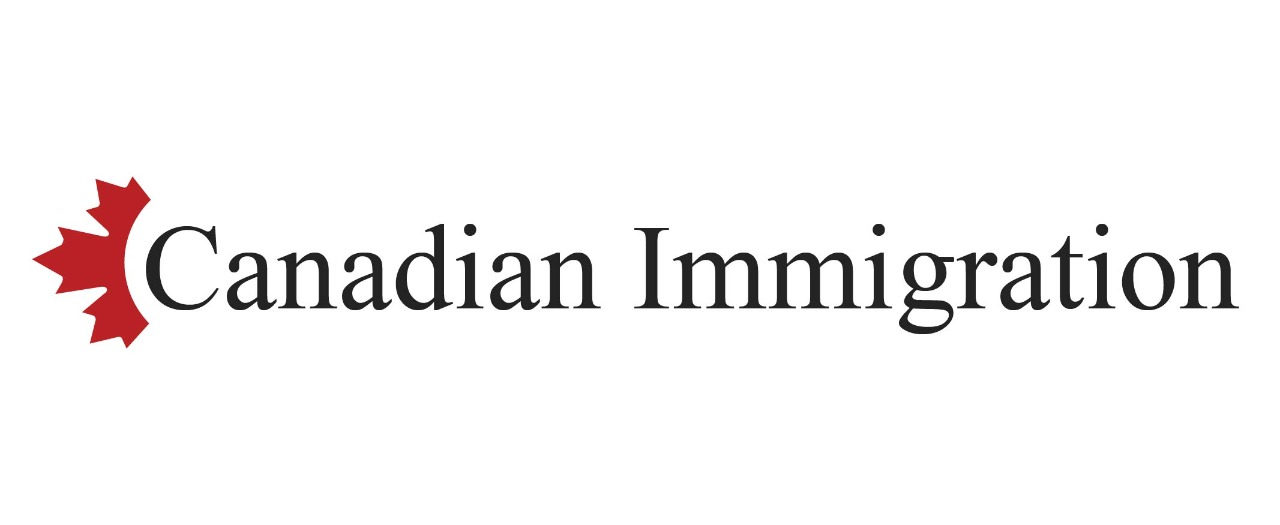When it comes to great working opportunities, Canada comes up to mind. Many foreign nationals seeking work possibilities arrive in Canada. The country has a robust and varied economy with excellent workplace safety standards, competitive pay, and numerous professional growth and development opportunities. Furthermore, working in Canada is a significant first step for individuals looking to relocate to the nation permanently.
It is vital to ensure that a person has the correct authorization in order to work in Canada, as working without it might have significant ramifications for future immigration applications.
-
Types of Canadian work permits
Obtaining a work visa in Canada can be done in a variety of ways. Some work permits need an employment offer from a Canadian company, others require the employer to present a Labour Market Impact Assessment (LMIA), and still, others require a link to Canada (previous education, spousal sponsorship, etc.).
Requiring a Labour Market Impact Assessment (LMIA) :
- Temporary Foreign Worker Program (TFWP)
- LMIA Work Permits
- Facilitated LMIA (Quebec)
- Global Talent Stream
LMIA-Exempt
- International Mobility Program (IMP)
- LMIA-Exempt Work Permits
- NAFTA Work Permits
- CETA Work Permits
- Intra-Company Transfers
Labour Market Impact Assessment
A Labour Market Impact Assessment (LMIA) is a document that must be completed before foreign employees can be hired in Canada. Employment and Social Development Canada (ESDC) issues an LMIA that assesses the impact of hiring a foreign national in Canada.
In the industrial and other job sectors, foreign workers are frequently needed to fill labour shortages. As a result, in order to engage foreign workers to fill open posts, a Labour Market Impact Assessment (LMIA) is necessary. Furthermore, the entire procedure is legal, and obtaining an LMIA is recommended.
-
Open Work Permit
Foreign nationals can work in Canada with Open Work Permits. Foreign nationals can work for a Canadian employer with an open work permit. Furthermore, holders of an open work permit can work in Canada for a certain length of time.
Specific jobs and locations may be restricted under the Open Work permit. Applicants can apply for a work visa while outside of Canada, inside the country, or at the time of arrival.
Those who seek to work in Canada as foreigners or laborers must have an appropriate approved procedure. While on a visiting visa, foreign citizens are not permitted to work in the country. As a result, they require an open work permit.
It’s a legal document that permits foreign nationals to work in Canada. Furthermore, with this permission, the candidates will be able to work in various places and for multiple businesses within Canada.
Additionally, some open work licenses have different conditions or limits. Work permit holders must follow these regulations and objections about work permits.
Following immigration streams use the open work permits:
- Post-Graduation Work Permits (PGWP)
- International Experience Canada (IEC)
- Inland Spousal or Common-Law Sponsorship
- Bridging Open Work Permits (BOWP)
-
Work as a Temporary Foreign Worker
The Temporary Foreign Worker Program (TFWP) makes it easier for Canadian businesses to hire foreign employees to cover labor shortages and skill gaps. Employers can employ talented foreign employees in Canada with the aid of this immigration route when no other choices are available.
Immigration, Refugees and Citizenship Canada (IRCC) and Employment and Social Development Canada (ESDC) jointly oversee and monitor the Temporary Foreign Worker Program (TFWP).
Furthermore, this program allows local firms to hire talented foreign employees with expiring contracts or open work permits who are presently working in Canada.
-
Obtaining a Work Permit
The process for acquiring a work permit in Canada varies substantially based on the type of requested work permit. For example, as part of their study visa authorization, a foreign student studying in Canada is frequently granted permission to work part-time.
The majority of closed work permit applications require a foreign national to have an official job offer from a Canadian business backed up by a Labour Market Impact Assessment (LMIA). Even individuals who are exempt from the LMIA or do not require a work visa should be aware of the particular papers they must produce in order to be admitted to Canada.
Depending on the type of work permit the candidates require, the application may process differ, and time may vary. The first step is to figure out which work permit is most appropriate for you.
-
Processing Time for Work Permits
A normal LMIA and a simplified LMIA are the two types of Labour Market Impact Assessment (LMIA) applications. Only Quebec residents have access to the streamlined LMIA. The ordinary LMIA is handled individually, with processing durations varied dramatically from one applicant to the next. A standard LMIA application usually takes at least five months to obtain a response.
If a company qualifies for Canada’s Global Talent Stream, they may be able to get its LMIA processed faster. In most cases, the streamlined LMIA completed for Quebec employment is processed in two to three months.
-
Eligibility requirements for all applicants
When applying for a work visa, the applicants have to fulfill various standards to comply with working in Canada
However, regardless of where you apply or what sort of work permit you apply for, you must submit an application.
- Demonstrating to an official that you intend to depart Canada when your work permit expires
- The applicants have to demonstrate that they have enough money to support themselves and their family while in Canada and when they return home;
- Observe the law and have no criminal history (you may be asked to provide a police clearance certificate);
- Not pose a security threat to Canada;
- The applicants must be in excellent health and, if necessary, they are required to undergo a medical examination.
- Not intend to work for an employer who has been designated as “ineligible” on the list of employers.
- The applicants must not intend to work for an employer who offers striptease, exotic dancing, escort services, or erotic massages on a regular basis
- Provide the officer with any additional documentation they need to show your eligibility to enter the nation.
Work in Canada
Countless opportunities are lying for skilled and technical workers in Canada. If you plan to gain international exposure in your career, then Canada is the best option. Canada has an industrialized economy that is based on various technology and other sectors.
The country is observing lots of job openings in the new industries; however, to fill these positions, the country’s current population is not enough. Therefore Canada needs skilled workers to keep these things going.
Foreign nationals can become permanent residents in Canada by applying in various fields. High-paying wages, higher living standards, and job security are what many people strive for.
With our expert paralegals and consultants, we can help you to gain employment in Canada. We have enabled numerous aspiring people to pursue their careers in Canada.


